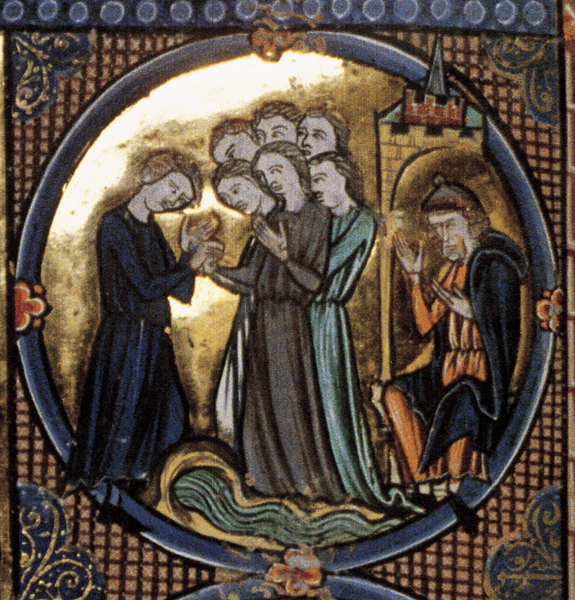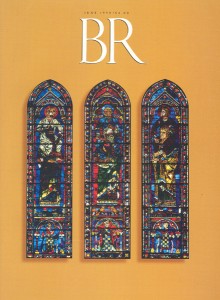
On first reading the biblical text, Jethro seems a simple person, almost monolithic, someone who impresses us most as a family man. When he meets a young refugee, Moses, whom he believes to be Egyptian, he thinks immediately of his daughter Zipporah, who is not yet married (Exodus 2:20–21). Later, when Moses, who is now Jethro’s son-in-law, returns from Egypt at the head of his freed people, Jethro brings to him his wife, Zipporah, and their two children (Exodus 18:5).
Moses has in the meantime become powerful and famous, and Jethro gives him useful advice on how to govern (Exodus 18:17ff). Invited by Moses to join the newly created nation, Jethro gracefully declines by invoking his obligations to his own family and tribe in the land of Midian (Numbers 10:29–30).
One can see Jethro clearly: His demeanor is surely elegant, sincere, irreproachable. He is present only when needed. He speaks only when asked. Everything he does, he does without guile. He never thinks of taking advantage of his position as first counselor to the great leader Moses. No one would ever accuse him of nepotism.
Already a library member? Log in here.
Institution user? Log in with your IP address.

